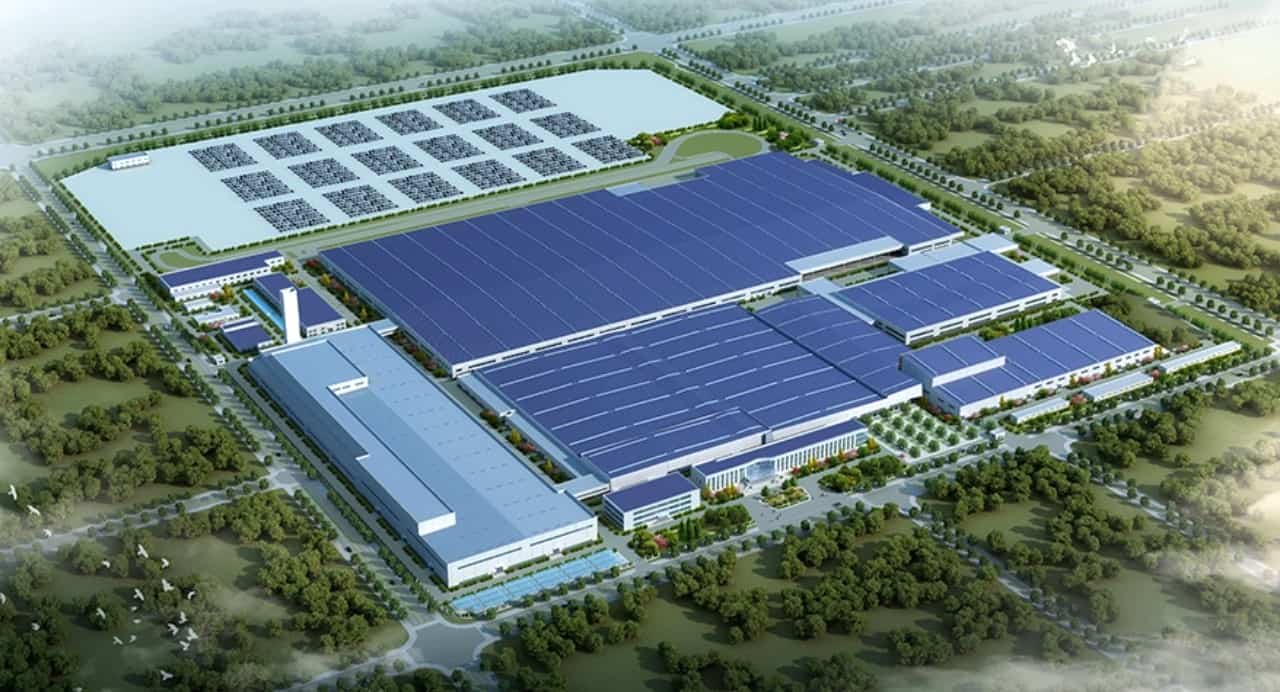Japan’s Honda Motor and South Korean battery maker LG Energy Solution said on Monday they plan to invest $4.4 billion to build a new battery production plant for electric vehicles in the U.S.
The news comes on the heels of a string of recent announcements that aim at cutting China out of supply chains for EVs.
It also marks the latest plans by automakers to invest in US production of battery cells for EVs, as the industry works to meet stricter regulations and accelerate production of such zero-emissions cars and trucks. Others have included General Motors, Ford Motor and Hyundai Motor.
Panasonic said in July it would build a $4 billion battery plant in Kansas to supply EV maker Tesla. Last week, news of the Japanese automaker planning to build another battery plant in the US grabbed headlines.
Honda and LG Energy said their plant is expected to begin mass production of advanced lithium-ion battery cells by the end of 2025. The facility will be built and operated by a joint venture between the companies, which is expected to be established this year.
It will be the first manufacturing plant for EV batteries in the US for Honda, which has committed to stop producing fossil-fuelled vehicles by 2040, the companies said.
The partners said they aimed to produce 40 gigawatt-hours of batteries annually at the plant. That would be enough for more than 700,000 vehicles based on the International Energy Agency’s estimate that the average EV’s battery capacity in 2021 was 55 kilowatt-hours.
It will produce batteries exclusively for Honda vehicles assembled in North America, including the company’s luxury brand Acura.
Production by 2025
The plant’s site is still undecided, but construction is planned to begin in early 2023, with mass production of advanced lithium-ion battery cells to start by the end of 2025, they said.
The joint venture is to be set up this year, with the closing of the deal subject to regulatory approval.
Honda said in April it planned to speed up its roll out of EVs by spending 5 trillion yen, roughly $36 billion, on battery-powered cars over the next decade. The auto maker plans to roll out 30 electric models by 2030 and is pairing up with General Motors Co. and Sony Group to develop them.
A new law in the US includes a tax credit of up to $7,500 towards buying an EV. To qualify for the full credit, however, the vehicle must contain a battery built in North America with 40% of the metals mined or recycled on the continent.

